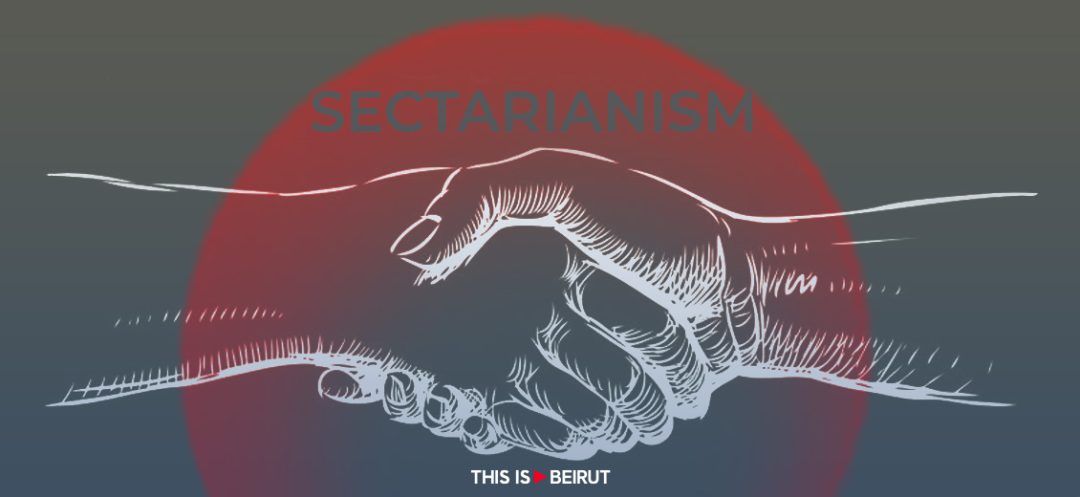
Sectarianism was never as pronounced during the civil war as it is today. The sectarian divisions we are currently witnessing transcend all expectations, especially with the surge of social media platforms. Every event turns into a ground-breaking crisis, bringing forth religious figures like the Christ and Prophet Muhammad, along with all religious symbols.
In recent days, several examples have sprung up, shedding light on the escalating hatred fueled by sectarianism.
The Shiite audience is taunting the TikTok campaign that has disclosed that the owner of a hair salon implicated in a network of child rape is actually Christian. In turn, this has prompted that same audience to draw comparisons between the culture of life advocated by Christians and the actual facts. Nonetheless, many individuals from the Shiite community are involved in this scandal, emphasizing its non-sectarian nature.
On the flip side, the Christian audience rallied to the defense of comedian Shaden Faqih, who mocked certain religious teachings. It provoked the Shiite community which was outraged that a member of the community emits such blasphemous comments that denigrate religious and ethical norms.
Moreover, all kinds of sectarian accusations took place ahead of the final games of the Lebanese Basketball Championship between al-Riyadi and la Sagesse. This showdown marked their first finals encounter in years. La Sagesse fans are fervent Christians, and al-Riyadi supporters are fervent Sunnis, despite the presence of players from different religions in both teams. This dynamic casted a negative shadow over the games. Consequently, the administrations of both clubs released statements denouncing sectarianism and urging the audience to uphold ethical conduct, stressing on the importance of steering clear of sectarian slogans, the main objective being to safeguard civil peace above all else.
The sectarian accusations and rivalries didn't stop there as they spilled over into private matters. It all started with MP Ghassan Atallah announcing that his son was marrying a Muslim woman, as if it were a first-time occurrence in Lebanon.
The baptism of Joey Daher’s son is yet another example that spurred sectarian criticism. Daher, the son of LBC’s chairman of the board, is the son-in-law of Druze leader Walid Joumblatt. In this context, it should be noted that the Druze community has long opposed mixed marriages, and such unions have long been considered taboo. This development has stirred tensions within the ranks of the Progressive Socialist Party (PSP) and among secularists.
In the span of just one week, Lebanon has witnessed a series of events, highlighting the persistent specter of sectarianism lingering from the Civil War, even as the guns had fallen silent and the barricades were dismantled. Despite the semblance of peace, the country remains in a state of self-deception, as if still embroiled in war. The underlying motive behind this sectarian rhetoric is driven by pure electoral interests. As a result, societal cohesion continues to be undermined, with little regard for the emotional well-being of the population or the crises they endure.
This abhorrent sectarianism has led Lebanon into all the crises it is grappling with. Sectarianism fuels further divisions, while contained anger will ultimately blow up, given the fact that social media platforms have become available for people to voice whatever they like, without any sense of responsibility. The latter is lacking anyways.
Nations cannot be built on such foundations. That is why Lebanon has not and will probably not be able to stand tall amidst these deep-seated divisions, in the name of millennia-old religions, and which are being re-ignited in a collapsing society.
Read more



Comments